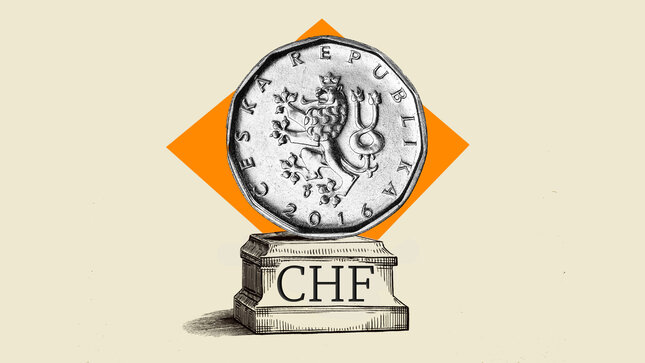Swiss National Bank (SNB)
SNB latest news
SNB latest analysis
Related content
Big Picture
What is the SNB?
The Swiss National Bank (SNB) is Switzerland’s central bank, responsible for the country’s monetary policy and the sole issuer of Swiss Franc (CHF) banknotes. Its primary objective is to ensure price stability while considering economic developments, thereby fostering an environment conducive to economic growth.
To ensure price stability, the SNB aims to maintain appropriate monetary conditions, which are determined by the interest rate level and exchange rates. For the SNB, price stability means a rise in the Swiss Consumer Price Index (CPI) of less than 2% per year.
The SNB also manages currency reserves and contributes to financial system stability by analyzing sources of risk and identifying areas where action is needed.
The official website, on X and YouTube
Who is SNB chair?
Martin Schlegel is a Swiss economist and Chairman of the Governing Board of the Swiss National Bank (SNB). He graduated in economics from the University of Zurich in 2003 and thereafter joined the Research unit at the SNB. Over the years, he has held various roles at the central bank, including leading the SNB’s Foreign Exchange and Gold Unit and heading the bank’s branch office in Singapore. The Federal Council appointed Schlegel as Chairman of the Governing Board with effect from October 1, 2024.
He is a member of the Executive Committee of the KOF Swiss Economic Institute at ETH Zurich and the president of the Foundation Council of the Study Center Gerzensee.

Interest rates latest news
The World Interest Rates Table
The World Interest Rates Table reflects the current interest rates of the main countries around the world, set by their respective Central Banks. Rates typically reflect the health of individual economies, as in a perfect scenario, Central Banks tend to rise rates when the economy is growing and therefore instigate inflation.
